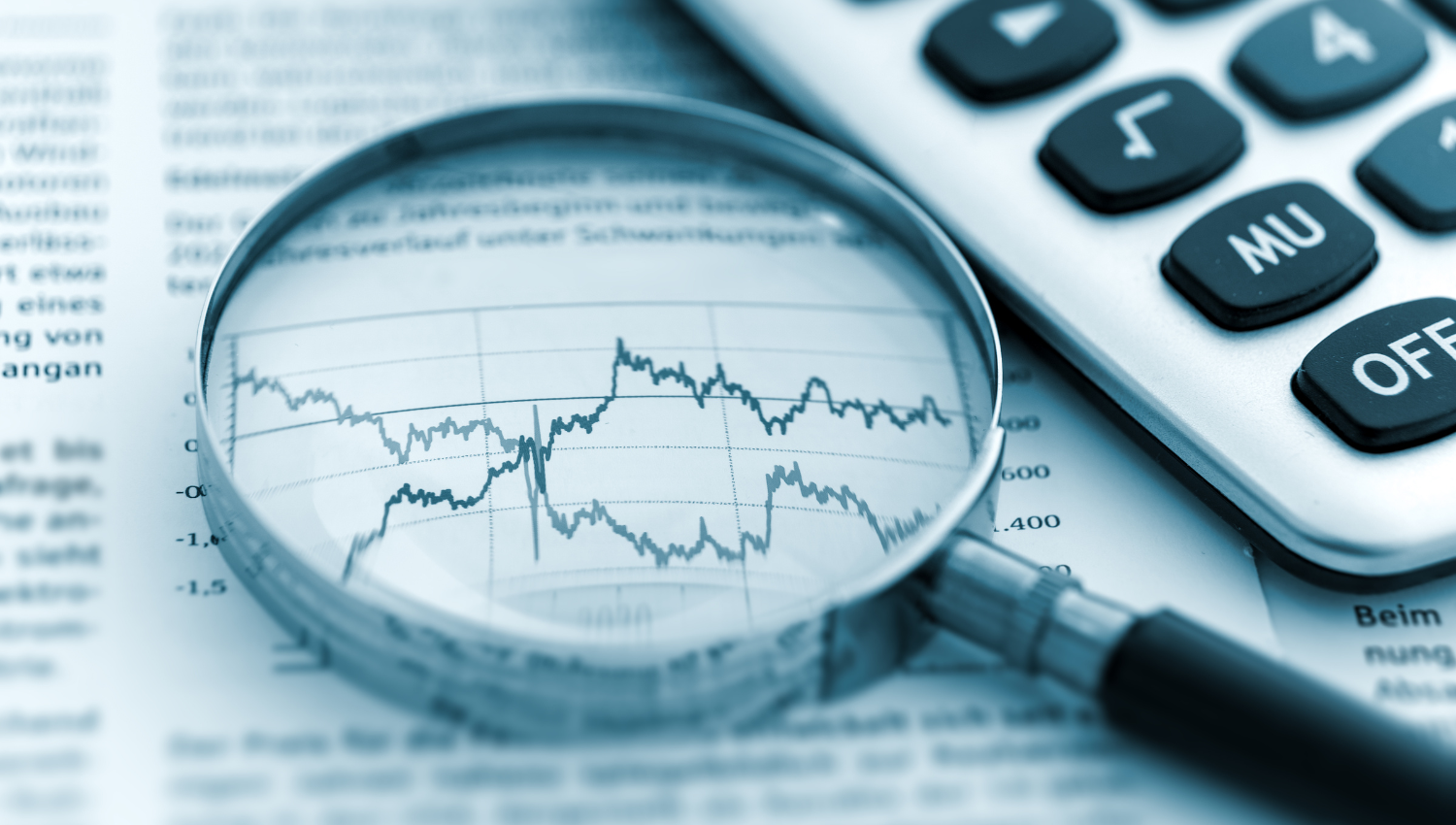How Gold Prices Are Impacted by Key Economic Events

Introduction
Gold has long been regarded as a safe-haven asset and a store of value. Its value is influenced by a multitude of factors, ranging from geopolitical tensions to supply and demand dynamics. However, one of the most significant drivers of gold prices is key economic events. This article explores how various economic events impact the price of gold and why investors often turn to this precious metal during times of financial uncertainty.
Inflation and Gold Prices
One of the most direct relationships between economic events and gold prices is inflation. When a country experiences high inflation or anticipates future inflation, the value of its currency tends to decline. Investors turn to gold as a hedge against currency devaluation because it maintains its intrinsic value over time. Consequently, during periods of rising inflation, the demand for gold tends to surge, driving up its price.
Interest Rates and Gold
Interest rates set by central banks play a vital role in determining gold prices. When central banks lower interest rates, the opportunity cost of holding gold decreases since it doesn't provide any yield or interest. This makes gold more attractive to investors compared to assets like bonds or savings accounts. Conversely, when interest rates rise, gold becomes less appealing, causing its price to fall. Therefore, changes in interest rates driven by economic events, such as monetary policy decisions, can significantly impact gold prices.
Economic Uncertainty
Economic events such as financial crises, recessions, or geopolitical conflicts often trigger uncertainty in financial markets. During times of economic turmoil, investors seek safe-haven assets, and gold is typically at the top of the list. Its price tends to rise as investors move their funds into this precious metal to protect their wealth from potential losses in other assets like stocks or real estate. The increased demand for gold during these periods drives up its price.
Currency Fluctuations
The value of the U.S. dollar, being the world's primary reserve currency, has a substantial impact on gold prices. When the dollar weakens, gold often becomes more expensive for foreign buyers, leading to increased global demand. Conversely, a stronger dollar can suppress gold prices, as it becomes relatively more expensive for international investors. Economic events that influence the strength of the U.S. dollar, such as trade tensions or monetary policy changes, thus play a significant role in determining the direction of gold prices.
Government Policies and Stimulus
Government policies, particularly those related to fiscal stimulus and deficit spending, can impact gold prices. Large-scale government spending programs, like infrastructure investments or stimulus checks, can weaken the currency and increase the appeal of gold as a hedge against potential devaluation. Conversely, fiscal policies aimed at reducing government debt or budget deficits may strengthen the currency and put downward pressure on gold prices.
Supply and Demand Dynamics
While economic events primarily affect gold prices on the demand side, supply-side factors also play a role. Economic events that disrupt gold mining operations or impact the availability of gold can lead to supply shortages, driving prices higher. Conversely, periods of economic stability can result in increased gold production and a surplus, potentially putting downward pressure on prices.
Conclusion
Gold's value is intimately tied to various economic events and conditions. Whether it's responding to inflation, interest rate changes, economic uncertainty, currency fluctuations, government policies, or supply and demand dynamics, gold's price is inextricably linked to the broader economic landscape. Investors often turn to gold during times of financial turmoil as a safe-haven asset, making it a crucial asset to watch for anyone interested in understanding the impact of economic events on financial markets. As long as economic events continue to shape the global economy, gold will remain a key barometer of financial stability and uncertainty.

